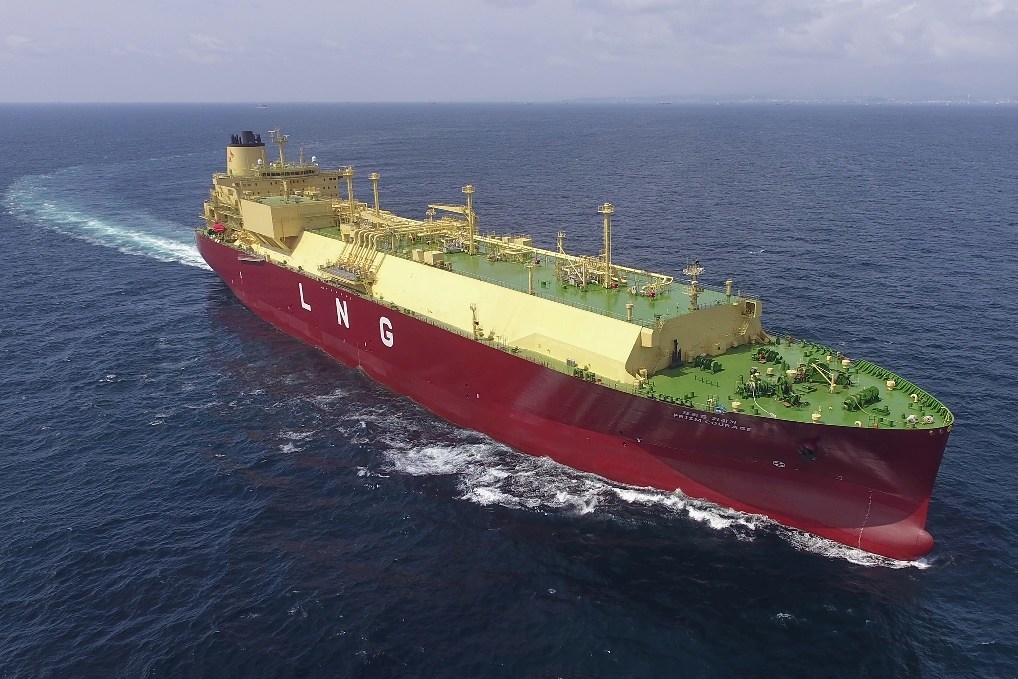SK Shipping’s 2021-built LNG carrier Prism Courage has completed a transoceanic voyage using autonomous navigation technologies developed by Avikus, a unit of South Korea’s HD Hyundai.
HD Hyundai, previously known as Hyundai Heavy Industries Holdings, said in a statement that this marks the first-ever transoceanic voyage of a large merchant ship relying on autonomous navigation technologies.
Built by Hyundai Heavy Industries, the 299 meters long Prism Courage has a capacity of about 180,000 cbm. It features WinGD’s dual-fuel engines and GTT’s Mark III Flex containment system.
Avikus equipped the vessel with its HiNAS 2.0 autonomous navigation solution.
According to the statement, the LNG carrier departed from the Freeport LNG export facility on the southern coast of the Gulf of Mexico on May 1.
It passed through the Panama Canal, and finally arrived at the Boryeong LNG import terminal, operated by GS Energy and SK E&S, in South Chungcheong Province in Korea after 33 days.
Moreover, the vessel sailed half of roughly 20,000 kilometers in total distance with the autonomous navigation technology HiNAS 2.0, the statement said.
Future maritime mobility
Autonomous navigation technology is drawing attention as an innovative technology for future maritime mobility, HD Hyundai said in the statement.
It can solve workforce shortages in the maritime transportation industry, reduce pollutants, and improve safety by completely removing the possibility of human errors, it said.
Avikus’ HiNAS 2.0 creates optimal routes and speeds based on Hyundai Global Service’s Integrated Smartship Solution.
Its artificial intelligence recognizes the surrounding environment, such as weather and wave heights, and nearby ships, and then controls the vessel’s steering commands in real-time, the statement said.
In this ocean crossing, the LNG carrier was operated autonomously on the optimal routes, increasing the fuel efficiency by around 7 percent while reducing greenhouse gas emissions by about 5 percent, it said.
In addition, the system accurately recognized the locations of nearby ships during operation to avoid collision over 100 times, according to the statement.
The American Bureau of Shipping (ABS) and the Korea Register of Shipping (KR) monitored the voyage in real-time to verify the performance and stability of the technology.
Avikus plans to commercialize HiNAS 2.0 within this year after receiving a certification from ABS for the results of this self-propelled ocean crossing.

